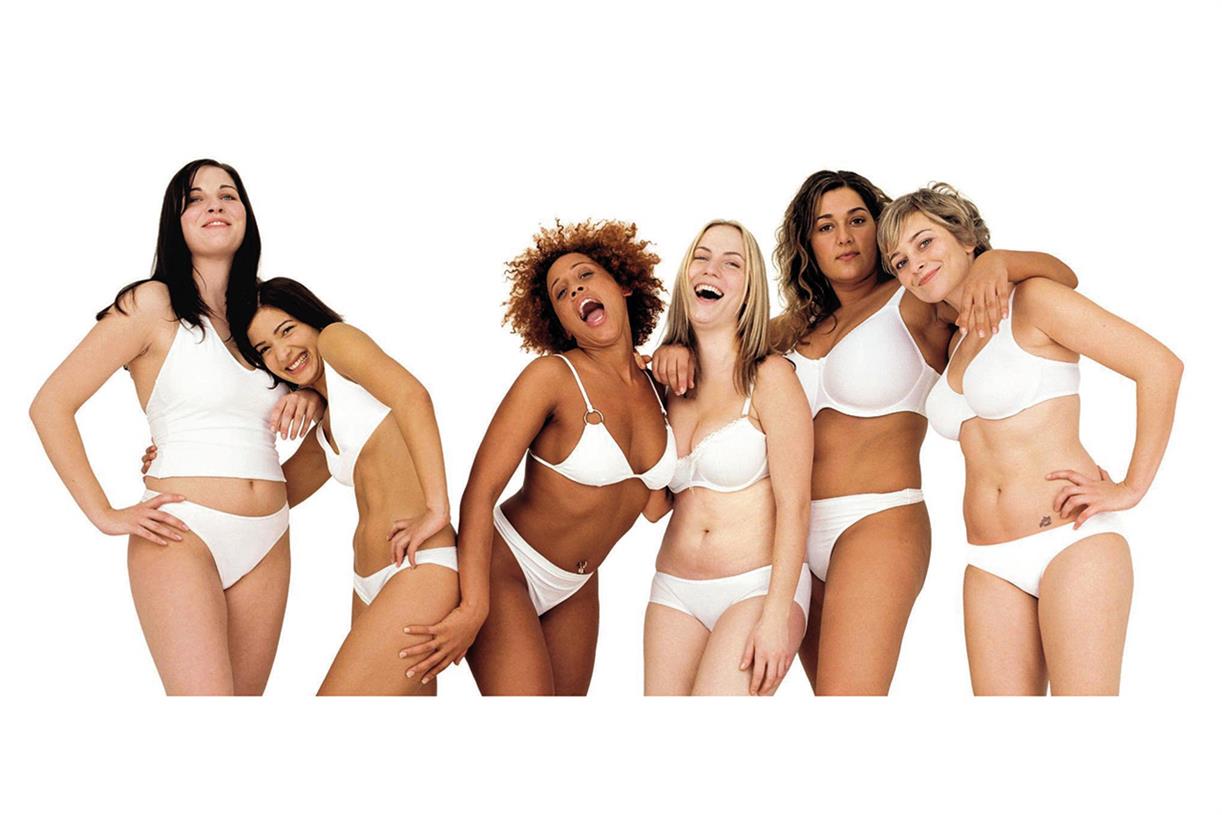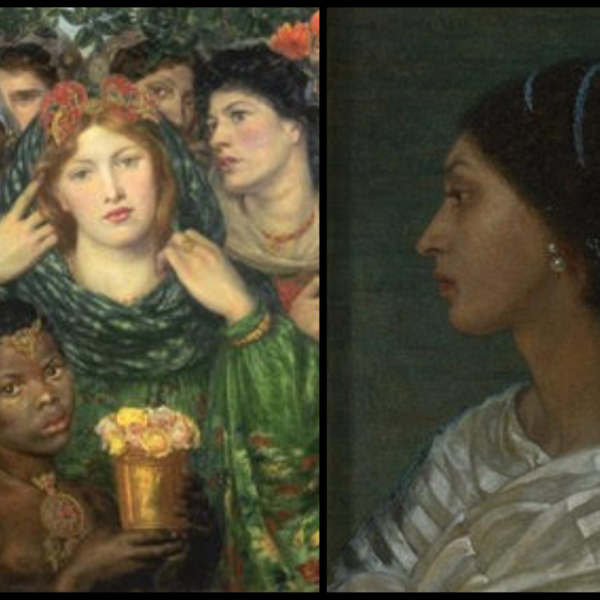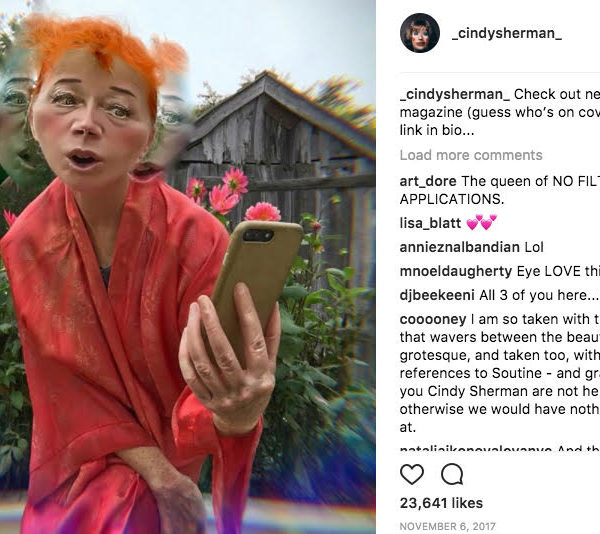It’s starting to become a familiar refrain when I watch television in the evening: first the music, sounding enough like that one Beyoncé song to suggest power, followed by various shots of women with truly flawless skin staring unashamedly down the camera, or doing something cool like skateboarding. A voiceover with buzzwords…

If They’re Selling You Something, It’s Not Feminism
The most egregious example I’ve seen was an advert for the Navy, which explicitly decried ideas of where a ‘woman’s place’ might be (spoiler alert: the Navy thinks it’s the Navy). Have I just been unlucky? Or are advertising executives almost exclusively appropriating this nebulous imagery of empowerment to sell products to women?
This phenomenon even has a name – ‘femvertising’ includes campaigns such as #LikeaGirl by Always, #MoreThanABum by Wranglers, and Real Beauty by Dove. But this new trendy form of advertising does little, if nothing, for feminism, especially when the aim is only ever to sell you more stuff.
First of all, there is the oxymoron at the heart of these adverts: if feminism at its core believes that women should be liberated from beauty standards, from comparison to others, then these adverts are only pushing more of the same with a thin coating of independence on top of it. We believe that all women should be confident and empowered, which is why we’ve graciously allowed you to buy this product from us. Look at these women – you could be as fearless and powerful as them if you just buy this face cream. The hypocrisy dripping from every one of these short clips is infuriating to me.
Secondly, there is the distilling of the message, the stylisation of feminism for the sake of a good advert. The whole point of advertising is to encourage individual action on the part of the consumer, and therefore it cannot advance structural or collective change. You couldn’t really blame women for beginning to believe that being feminist depends purely on individual choices; upon looking empowered, looking confident, rather than any material fact. Maybe there’s an argument to be made that they have increased the visibility of feminism, but if they have, they have failed to spread a sense of belonging.
The make-up industry was worth $532 billion in 2019, and it is impossible to talk about the damage it has done to women and their self-esteem through the relentless propaganda campaign – of which ‘femvertising’ is a part – to convince us that make-up is something done for women, that it is empowering to have perfect eyebrows, and not yet another tool of the patriarchy.
Finally, these adverts are merely the shallowest of gestures on the parts of companies that have done nothing else to advance the position of women, within their own walls or otherwise. Whilst Dove is promoting ‘Real Beauty’, their sister company Axe is running adverts that degrade women. Global auditing company KPMG ran an earnest campaign entitled Glass Ceilings, and were promptly hit with a class action lawsuit worth $400 million for discrimination against women, including denying them promotions and penalising maternity leave. This is not to mention the surely countless number of companies running fun and empowering ads, while relying on sweatshops and the cheap labour of women to create the products they’re using feminism to advertise.
That’s why when I hear the music and see the bold looks down the barrel of the camera, I cover my face and sigh. ‘Feminist’ advertising does not exist, and if it did, it would look nothing like this.






Leave a Comment